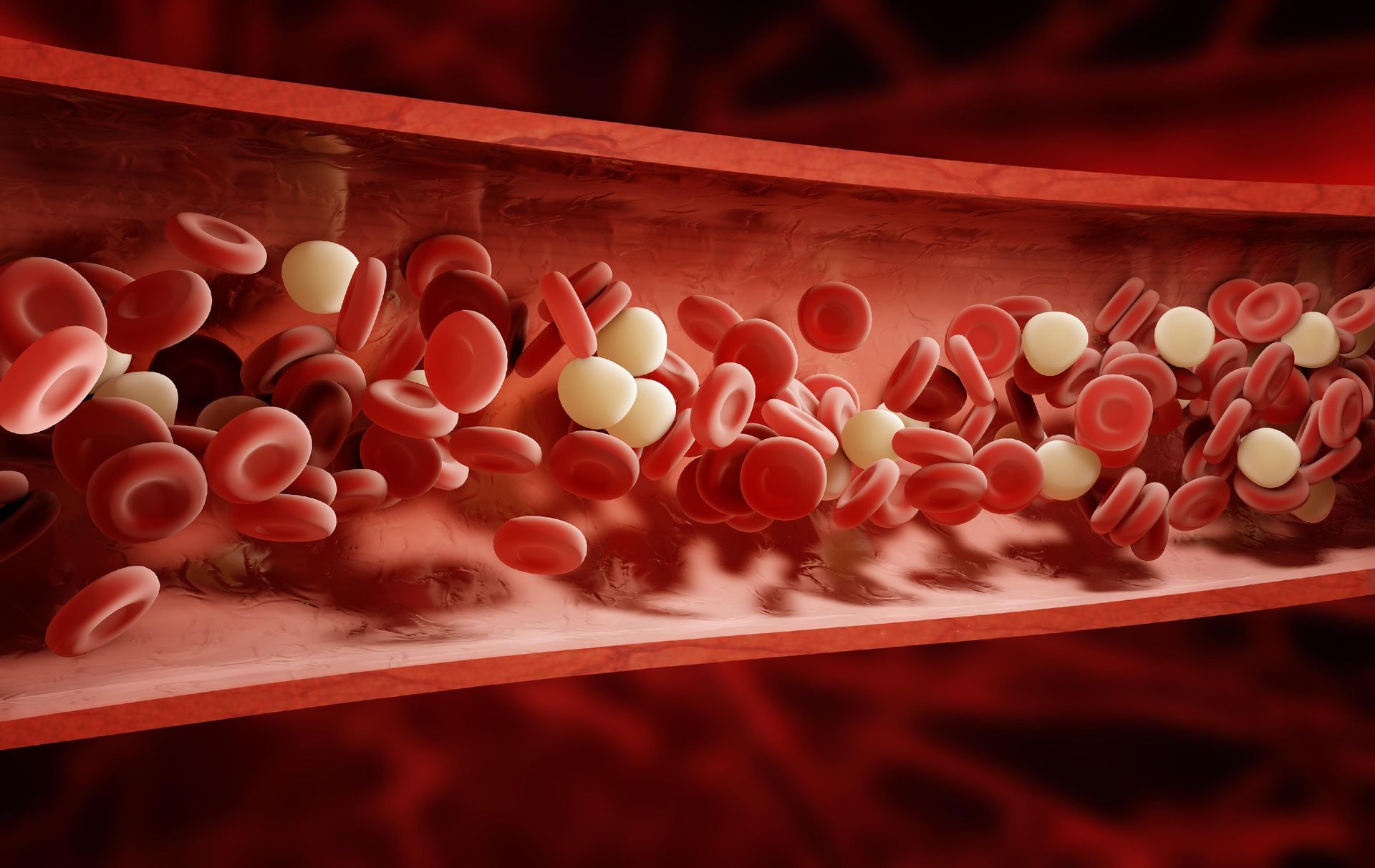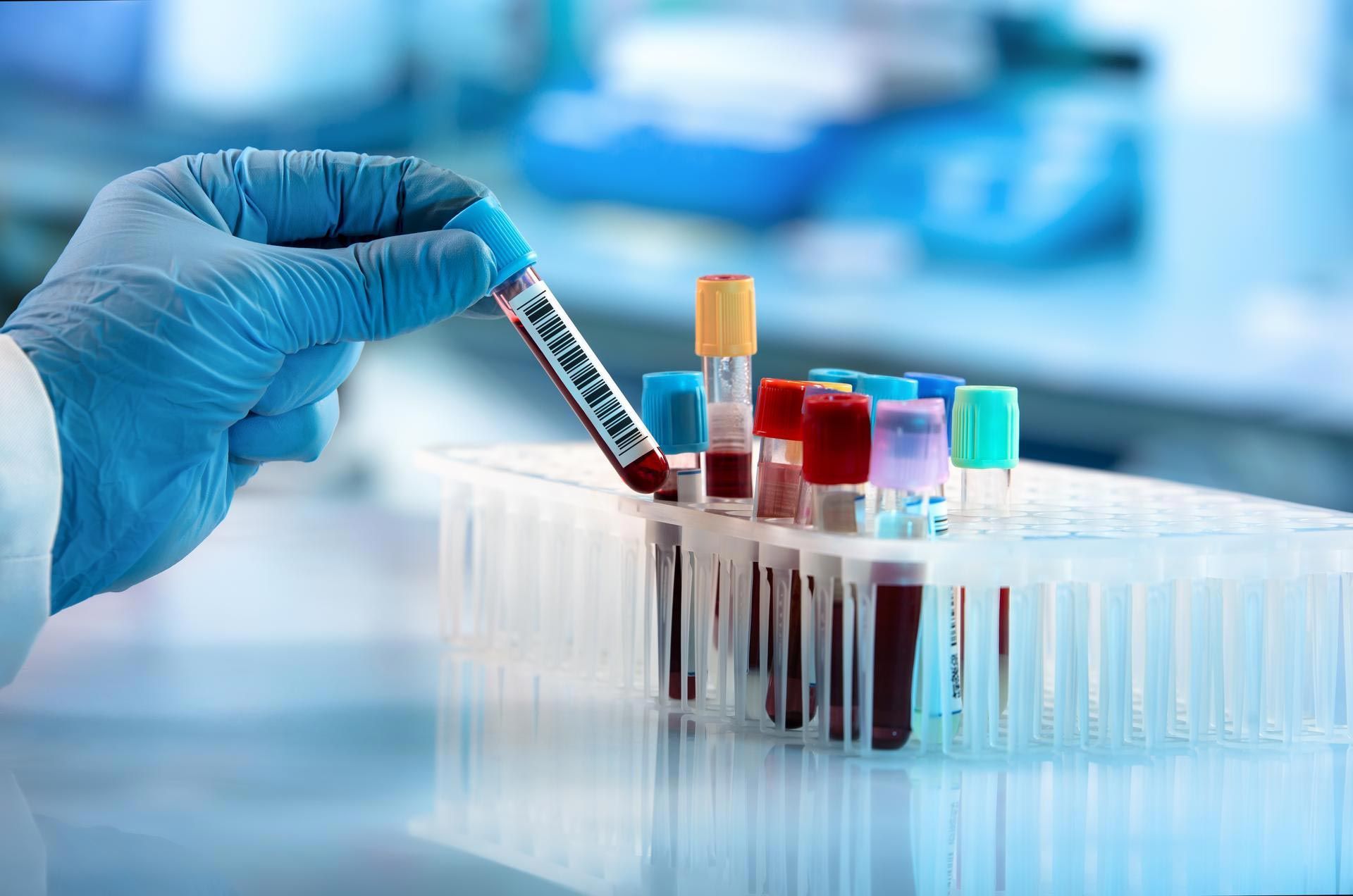Unlocking the Secrets of Prostate Cancer and Early Detection

Prostate cancer often creeps into innocent victims' lives without warning. Unlike some of the other cancer types, prostate cancer tends to develop slowly, making its presence felt only in the later stages of development. However, with the right knowledge and proactive measures, early detection can significantly increase the chances of successful treatment. This article explores prostate cancer, its symptoms, and the importance of getting evaluated for early detection and the undergoing prompt treatment if and when signs present themselves.
Understanding Prostate Cancer
The prostate, a small walnut-shaped gland that is located just below the bladder in men, plays a crucial role in the reproductive system. Prostate cancer occurs when cells in the prostate mutate and start multiplying in an uncontrollable manner. It is important to note that signs of prostate cancer may not be noticed until the disease has progressed, which is why it is important to understand the early detection methods that are available.
Recognizing Prostate Cancer Symptoms
While routine screenings are pivotal to detecting prostate cancer, being vigilant about potential symptoms is important as well. Symptoms such as frequent urination, difficulty initiating or stopping urination, blood in the urine or semen, and erectile dysfunction should not be ignored as they could very well be signs that prostate cancer is present. Recognizing these signs and promptly seeking medical attention can play a key role in early detection and positive outcomes during the treatment process.
Navigating the Screening Options
There are various methods used for screening prostate cancer, each with its own set of advantages and limitations. The prostate-specific antigen (PSA) blood test is a commonly used method that measures the level of PSA in the blood. Elevated PSA levels may indicate a potential issue, but this test alone cannot diagnose prostate cancer. A digital rectal exam (DRE) often complements a PSA test so a professional can check for prostate abnormalities by touching it.
Preventing Prostate Cancer
While some risk factors for prostate cancer are beyond control, adopting a healthy lifestyle can play a significant role in prevention. Maintaining a balanced diet that is rich in fruits, vegetables, and whole grains, coupled with regular exercise, may contribute to a lower risk of developing prostate cancer. Avoiding excessive the consumption of red and processed meats, as well as maintaining a healthy weight, can also positively impact overall prostate health.
Unraveling the Genetic Code
With advancements in medical science, genetic testing is a powerful tool for understanding an individual's predisposition to prostate cancer. By analyzing specific genetic markers, healthcare providers can assess the risk of developing the disease. This information can be invaluable in tailoring screening and prevention strategies to individual needs. Genetic testing is particularly relevant for those with a family history of prostate cancer, as it provides a more personalized approach to managing the risk.
Treating Prostate Cancer After Testing
Early detection of prostate cancer opens the door to a range of treatment options, offering a ray of hope to those affected. Treatment modalities vary based on the stage and aggressiveness of the cancer, ranging from active surveillance for slow-growing tumors to surgery, radiation therapy, and hormone therapy. The success of treatment often hinges on catching the cancer in its early stages when it is more localized and responsive to interventions.
Beyond the medical aspects, addressing prostate cancer involves breaking the silence that often shrouds discussions about men's health. Encouraging open dialogue about prostate health, risk factors, and the importance of early detection is essential in promoting awareness. Men of all ages should feel empowered to discuss their concerns with healthcare providers, fostering a culture where proactive health measures are the norm. Contact us at Randox Health Labs if you are interested in learning more about prostate cancer testing.











